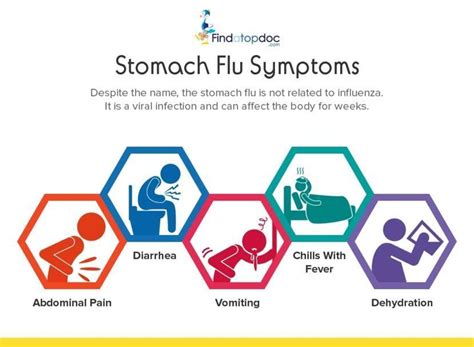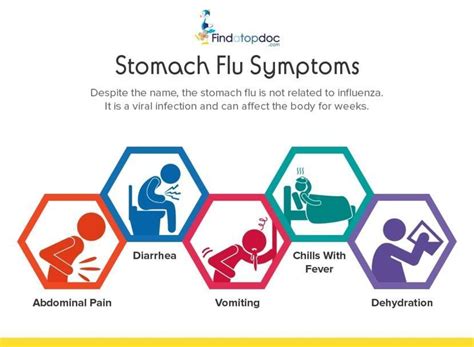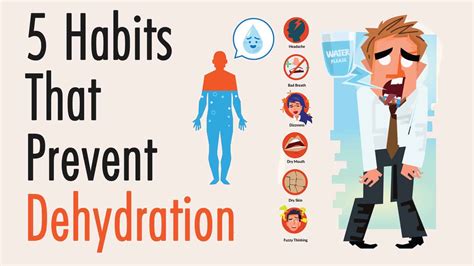Intro
Combat flu diarrhea with effective tips. Manage symptoms, prevent dehydration, and boost recovery with natural remedies and medical treatments for gastrointestinal flu relief.
The flu, also known as influenza, is a highly contagious respiratory illness caused by the influenza virus. While it's commonly associated with symptoms like coughing, sneezing, and a sore throat, some people may also experience gastrointestinal symptoms like diarrhea. If you're experiencing flu diarrhea, it's essential to take the right steps to manage your symptoms, prevent dehydration, and support your recovery. In this article, we'll explore five valuable tips to help you cope with flu diarrhea and get back on your feet.
The flu can be a debilitating illness, and when combined with diarrhea, it can be particularly challenging to manage. Diarrhea can lead to dehydration, which can worsen flu symptoms and prolong recovery time. Furthermore, flu diarrhea can be contagious, making it crucial to practice good hygiene and take steps to prevent the spread of the illness. By understanding the causes of flu diarrhea and taking proactive measures to manage your symptoms, you can reduce the risk of complications and support your body's natural recovery process.
Flu diarrhea can be caused by several factors, including the influenza virus itself, secondary bacterial or viral infections, or the use of certain medications like antibiotics. In some cases, flu diarrhea may be a symptom of a more severe underlying condition, such as gastroenteritis or inflammatory bowel disease. If you're experiencing severe or persistent diarrhea, it's essential to consult with a healthcare professional to rule out any underlying conditions that may require medical attention. With the right guidance and support, you can effectively manage your flu diarrhea symptoms and promote a speedy recovery.
Understanding Flu Diarrhea

Causes of Flu Diarrhea
The causes of flu diarrhea can be complex and multifaceted. Some possible causes include: * The influenza virus itself, which can infect the cells lining the intestines and lead to inflammation and increased fluid secretion * Secondary bacterial or viral infections, which can exacerbate gastrointestinal symptoms and worsen diarrhea * The use of certain medications, such as antibiotics, which can disrupt the balance of gut bacteria and lead to diarrhea * Underlying medical conditions, such as gastroenteritis or inflammatory bowel disease, which can increase the risk of diarrhea and other gastrointestinal symptomsManaging Flu Diarrhea Symptoms

Self-Care Strategies
Self-care strategies play a critical role in managing flu diarrhea symptoms and promoting a speedy recovery. Some effective self-care strategies include: * Getting plenty of rest and avoiding strenuous activities * Practicing good hygiene, such as washing your hands frequently and avoiding close contact with others * Staying hydrated by drinking plenty of fluids, such as water, clear broths, and electrolyte-rich beverages * Using over-the-counter medications, such as anti-diarrheal medications or pain relievers, to manage symptoms and reduce discomfortPreventing Dehydration

Recognizing Dehydration Symptoms
Recognizing dehydration symptoms is essential to preventing complications and promoting a speedy recovery. Some common symptoms of dehydration include: * Dark yellow or brown urine * Decreased urine output * Dry mouth and throat * Fatigue and weakness * Headaches and dizzinessSupporting Recovery

Nutrition and Recovery
Nutrition plays a critical role in supporting recovery from flu diarrhea. Here are some tips to help you support your nutrition and recovery: * Eat small, frequent meals, which can help manage symptoms and reduce nausea * Avoid spicy, fatty, or high-fiber foods, which can exacerbate symptoms and worsen diarrhea * Use oral rehydration solutions, such as Pedialyte, to replace lost electrolytes and fluids * Consider taking probiotics or other supplements, which can help support gut health and promote a speedy recoverySeeking Medical Attention

When to Seek Emergency Care
In some cases, flu diarrhea can be a medical emergency. Here are some scenarios where you should seek emergency care: * Severe dehydration, which can lead to seizures, brain damage, or even death * Bloody stools or black, tarry stools, which can indicate a more severe underlying condition * Fever above 104°F (40°C), which can indicate a more severe infection * Difficulty breathing or shortness of breath, which can indicate a more severe respiratory infectionWhat are the common symptoms of flu diarrhea?
+The common symptoms of flu diarrhea include loose, watery stools, abdominal cramps, nausea, vomiting, and fever.
How can I prevent dehydration when experiencing flu diarrhea?
+To prevent dehydration, drink plenty of fluids, such as water, clear broths, and electrolyte-rich beverages like sports drinks. Avoid caffeinated or carbonated beverages, and use oral rehydration solutions, such as Pedialyte, to replace lost electrolytes and fluids.
When should I seek medical attention for flu diarrhea?
+Seek medical attention if you're experiencing severe or persistent flu diarrhea symptoms, such as severe diarrhea that lasts for more than 3 days, blood in your stool or black, tarry stools, fever above 102°F (39°C), or signs of dehydration.
If you're experiencing flu diarrhea, it's essential to take proactive steps to manage your symptoms, prevent dehydration, and support your recovery. By following the tips outlined in this article, you can reduce the risk of complications and promote a speedy recovery. Remember to stay hydrated, practice good hygiene, and seek medical attention if you're experiencing severe or persistent symptoms. With the right guidance and support, you can effectively manage your flu diarrhea symptoms and get back on your feet. We encourage you to share your experiences and tips for managing flu diarrhea in the comments below, and don't forget to share this article with your friends and family to help them stay healthy and informed.
